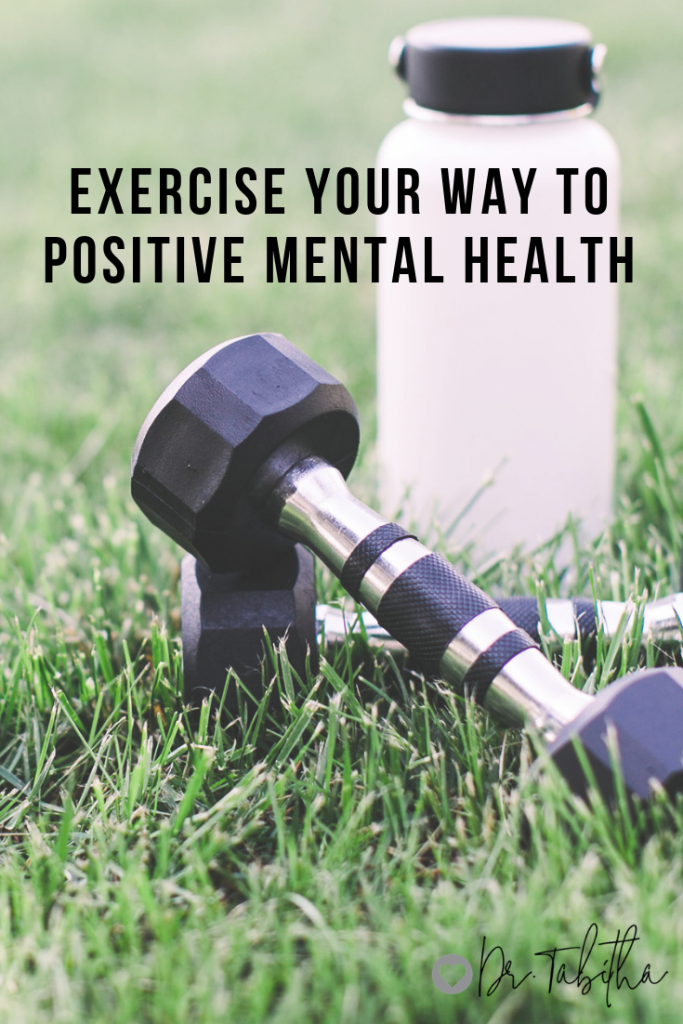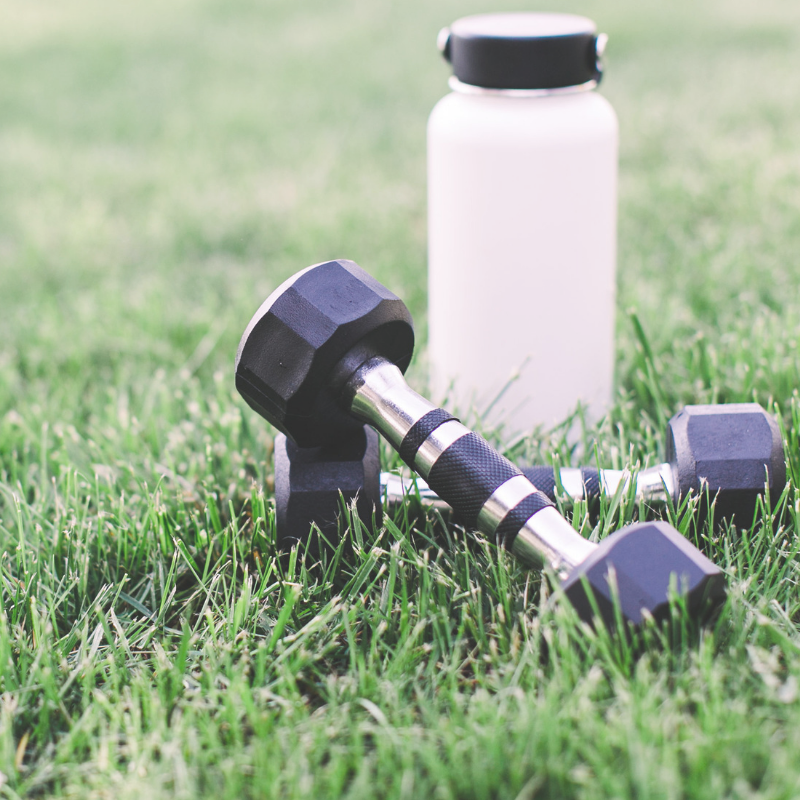
We all have varying feelings and views about exercise. For some people, it’s their escape and it helps them cope with everyday stressors. For others, they take that too far and use exercise to avoid dealing with deeper issues. Some may dread working out but once they get started realize it’s not so bad. Some become obsessive. Many others struggle with body image and feel obligated to be fit. We all know that exercising is said to be good for our minds, bodies and souls. It creates a positive effect in our mental state. However, did you know that exercising too much can also be detrimental to a person’s mental health and their overall well being?
What are the positive benefits?
It has been proven that when we exercise our mood becomes elevated. Studies have shown that people with anxiety and depression who are active or have a fitness routine, gain similar benefits as attending therapy. Exercise has a significant positive impact on their mental health. A physical outlet also acts as a preventative tool for individuals who do not have depression or anxiety. It helps keep their stress levels down and their emotions balanced. Working out, when done appropriately, can be a great way to positively impact your mental health.
When can exercise be harmful?
When an individual over does it and becomes dependent on exercising it can actually result in worse physical health and mood disturbance. A study has shown that athletes who over train may result in, “staleness syndrome; a condition associated with deteriorating performance and behavioral disturbances including clinical depression.” It is important to know how to work out in moderation. If you have negative ideas or feelings about exercise or find yourself taking it too far, it would probably be helpful to reach out to a professional for help. A therapist can help you identify the thoughts and feelings that are triggering the obsession with exercise and help you find a more balanced approach.
How can your exercise be more balanced?
Exercising can have a positive or a negative impact in your life. It’s important to find and maintain a healthy balance. is important to use it in a healthy manner.
- Contact a health care professional before you start a new exercise or exercise routine.
- Create a fitness routine and don’t be so hard on yourself. If it doesn’t work out, there are so many other workouts you can try out until you find one you love.
- Know when to stop- listen to your body and be mindful of what your body is telling you. If you aren’t feeling good about what you are doing, it’s okay to ask for help – from a physical trainer, your doctor or a therapist.
- Work out with a friend or partner. This can help boost your mood, give you some social time and also help you stay accountable to meeting your goals.
- Enjoy it – find places and spots that you enjoy to make exercising more fun.
What is your favorite exercise to help you reduce stress?






Leave a Reply
Your email is safe with us.